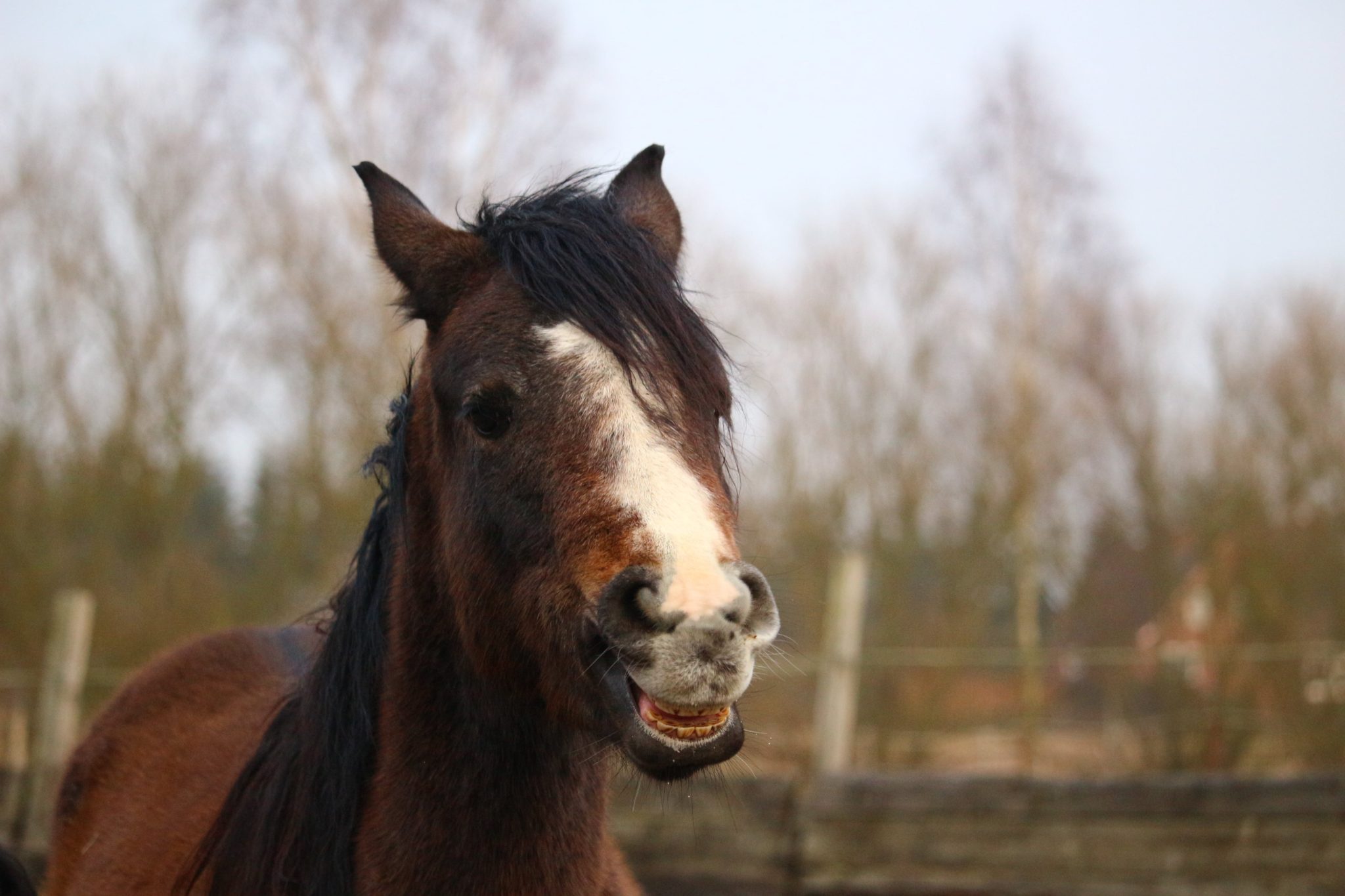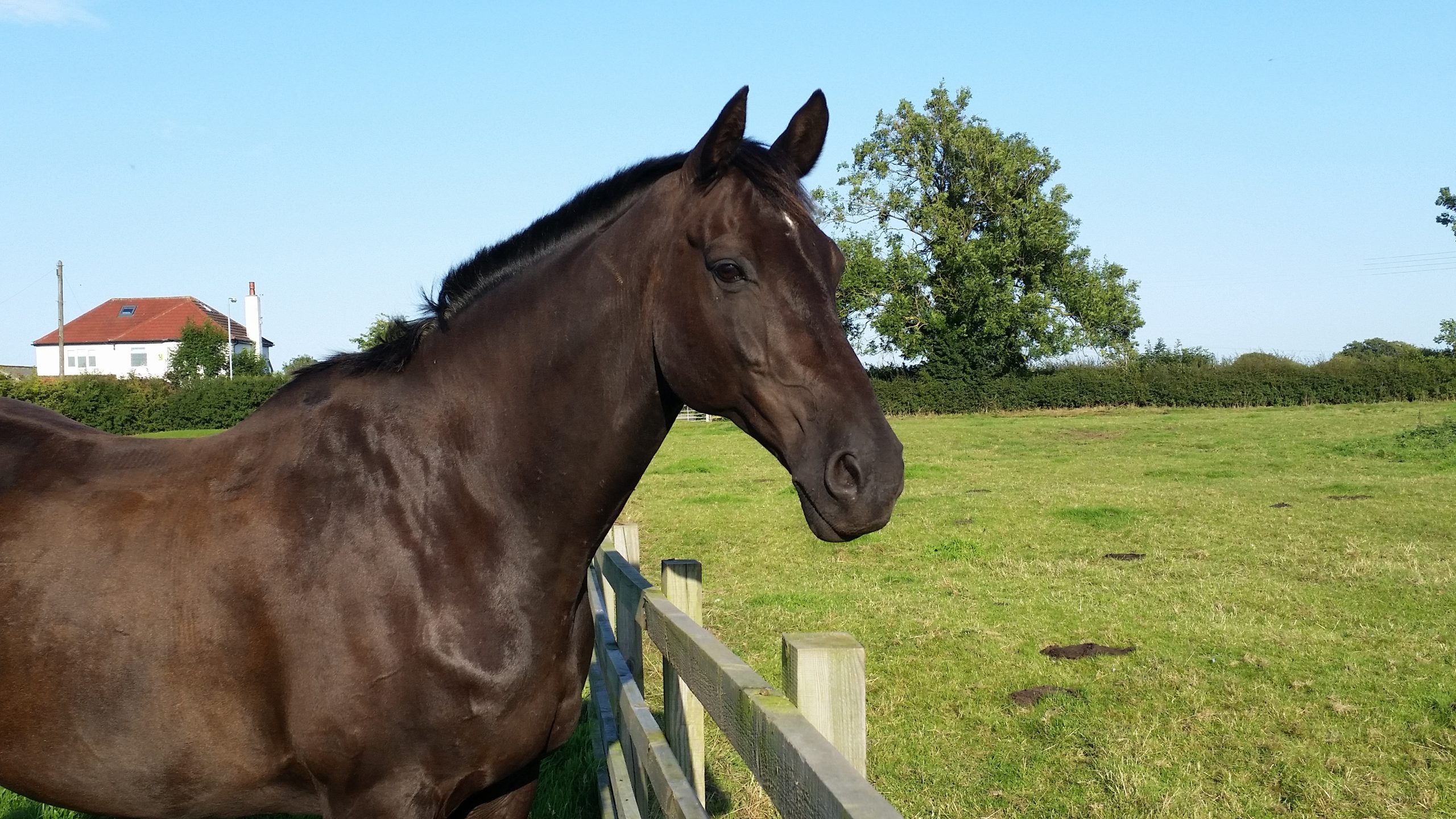A horse is a herbivore. Horses primarily eat plants and have a digestive system suited for a plant-based diet.
Horses are magnificent creatures known for their strength, agility, and beauty. They are often portrayed as loyal companions and symbols of freedom. But have you ever wondered what these majestic animals eat? Well, horses are herbivores, meaning they mainly consume plant matter.
Their diet consists of various types of vegetation, including grass, hay, and foliage. Because of their unique digestive system, which involves a large cecum and fermentation, horses are capable of efficiently extracting nutrients from plant material. This allows them to sustain their energy levels while grazing. We will delve deeper into the herbivorous nature of horses and explore their dietary requirements in more detail. Stay tuned to learn more about these fascinating creatures’ eating habits!
Horse Diet Basics
Horses are herbivores by nature, meaning they primarily consume plant-based food sources. Understanding horses’ natural feeding habits, digestion, and dental structure is crucial for providing them with proper nutrition and care.
Natural Feeding Habits of Horses
Horses are grazing animals, adapted to consume small amounts of food throughout the day. In their natural habitat, they would graze on grasses, leaves, and other vegetation for up to 18 hours a day.
Due to their unique digestive system, horses have evolved to efficiently process fibrous plant material. Their long digestive tract allows for the breakdown and absorption of nutrients from forage.
Understanding Horse Digestion and Dental Structure
Horses have a complex digestive system consisting of the mouth, esophagus, stomach, small intestine, cecum, large intestine, and rectum. Their stomach is relatively small, making it important to provide a steady supply of forage to maintain healthy digestion.
Their dental structure is also specialized for grinding fibrous plants. Horses’ teeth continuously erupt and wear down, which is why regular dental check-ups and floating (filing uneven teeth) are essential for their overall well-being.
Essential Nutrients for Horses
When it comes to feeding horses, it is important to meet their nutritional requirements. While forage is the foundation of a horse’s diet, they also require essential nutrients such as proteins, carbohydrates, fats, vitamins, and minerals to maintain optimal health.
| Nutrient | Sources |
|---|---|
| Proteins | Legumes, hays, and grains |
| Carbohydrates | Grains, grass, and hay |
| Fats | Vegetable oils, rice bran, and flaxseeds |
| Vitamins | Vegetable and fruits, forage |
| Minerals | Salt licks, mineral supplements |
Herbivorous Characteristics Of Horses
| Herbivorous Characteristics of Horses |
| Dental structure and diet adaptions |
|
Horses are herbivores with specialized dental structures that enable them to efficiently process plant material. Their teeth continuously erupt to compensate for the wear caused by their rough forage diets. Horses have a complex set of grinding molars that allow them to crush and grind fibrous plant material effectively.
Grazing behaviors and foraging habits: Comparison with other herbivorous animals: |
Plant-based Diet Importance For Horses
Horses are herbivores, which means that their diet consists mainly of plant-based foods. The importance of a plant-based diet for horses cannot be overstated. Fiber plays a crucial role in their nutrition, providing numerous benefits to their overall health and well-being.
Grass, hay, and forage are essential sources of nutrition for horses. These plant-based foods are rich in essential nutrients, such as vitamins, minerals, and phytonutrients. They provide the necessary energy for horses to perform their daily activities and maintain a healthy weight. Additionally, fiber helps in maintaining healthy digestion and reducing the risk of digestive issues, such as colic.
However, an improper diet can lead to potential health issues in horses. Insufficient intake of fiber can result in problems like weight loss, poor digestion, and even behavioral changes. It is crucial to ensure that horses have access to a variety of high-quality forage options to meet their dietary needs.
In summary, a horse’s herbivorous nature makes a plant-based diet essential for their overall health and well-being. The inclusion of grass, hay, and forage in their diet provides crucial nutrients and promotes healthy digestion. However, it is important to ensure proper intake of fiber to avoid potential health issues caused by an improper diet.

Credit: horserookie.com
Frequently Asked Questions On Is A Horse A Herbivore
Is A Horse A Herbivore?
Yes, horses are herbivores. They have a digestive system designed to process plant-based food, primarily grass and hay. Their teeth and digestive system are not suited for a carnivorous or omnivorous diet, making them reliant on vegetation for their dietary needs.
Horses get most of their nutrients from plants and have evolved to efficiently extract energy from plant matter.
Conclusion
To summarize, a horse is indeed a herbivore, subsisting solely on a plant-based diet. From its unique digestive system to its evolution as a grazing animal, it is clear that horses are designed to consume and thrive on vegetation. Understanding the herbivorous nature of horses is crucial in providing them with the appropriate nutrition and ensuring their overall well-being.
So, whether you are a horse-owner or simply curious about these magnificent creatures, knowing that they are herbivores is fundamental to their care and management.

